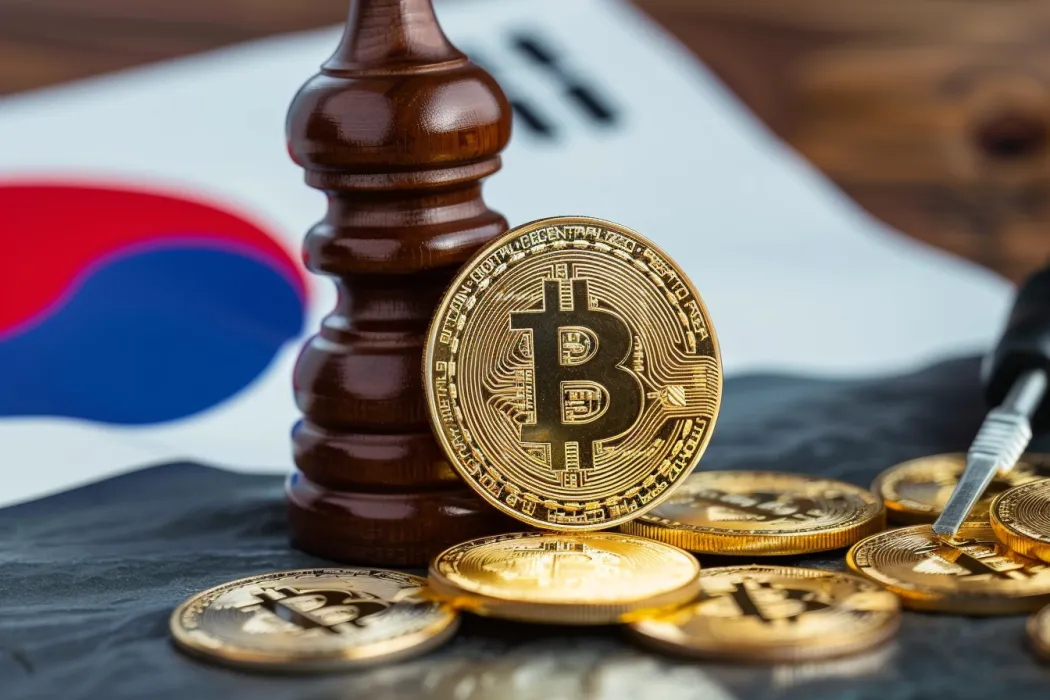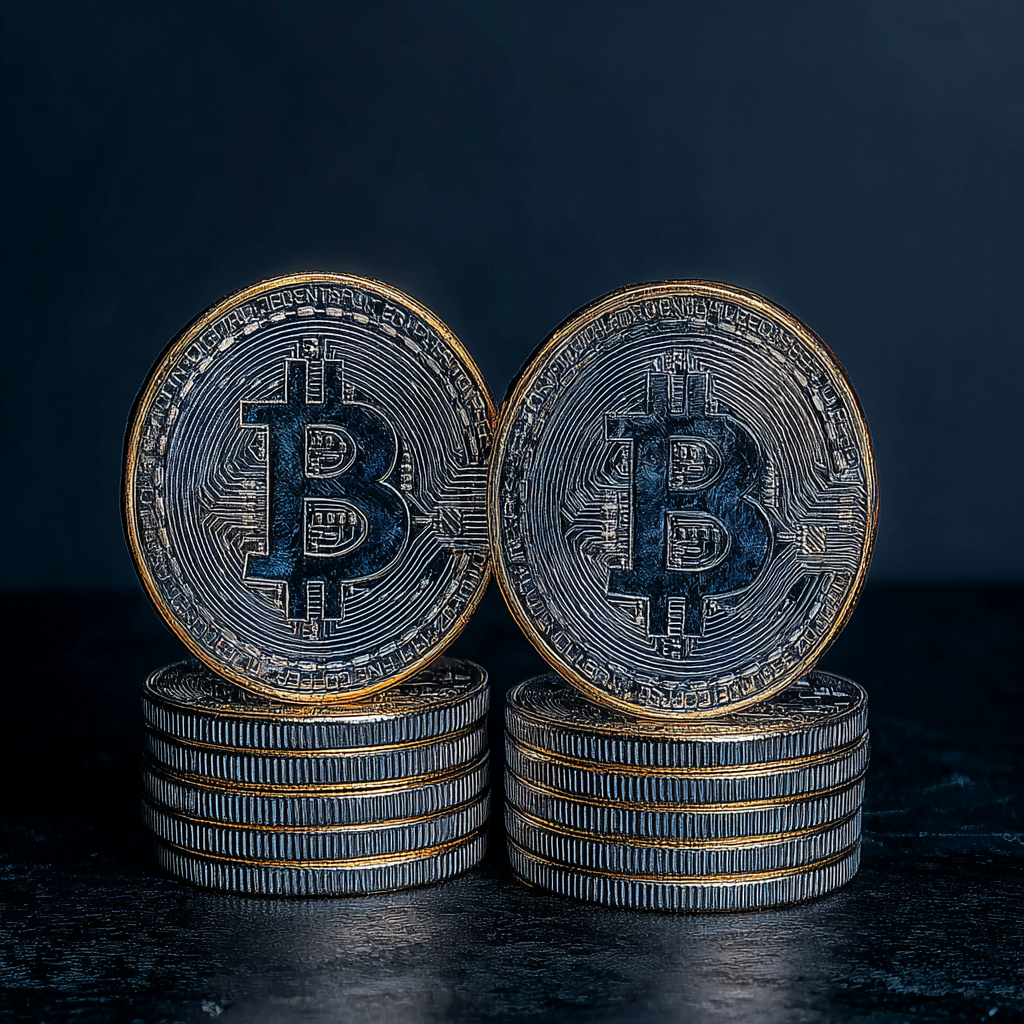Table of Contents
South Korea's financial watchdog, the Financial Supervisory Service (FSS), has initiated a comprehensive inspection of cryptocurrency exchanges to ensure compliance with stricter regulations introduced in July, according to local media reports. This marks the first major regulatory review since the implementation of the Virtual Asset Users Protection Act.
The FSS aims to identify suspicious transactions and verify that exchanges are adhering to rules designed to protect virtual asset investors and maintain proper transaction records. The regulator has stated that it will "establish market order through stern punishment against illegal activities" and is prepared to revise regulations as needed.
The initial focus of the inspection will be on two crypto exchanges that were flagged for "unusual cases" in previous evaluations. These exchanges deal in the Korean won and could face severe penalties, including life imprisonment, if found to be involved in illegal virtual asset transactions that generate profits exceeding 5 billion won ($3.7 million).
In addition to the two targeted exchanges, three more exchanges and one wallet provider will be subject to inspection. The FSS has also warned that other exchanges may face scrutiny if issues or complaints arise.
The Virtual Asset User Protection Act, which took effect on July 19, outlines a range of measures to safeguard cryptocurrency investors. These include insurance against hacks and attacks, as well as the separation of customer assets from exchange holdings.
The FSS is empowered to inspect Virtual Asset Service Providers (VASPs) for compliance with user protection duties, while the Financial Services Commission (FSC) has the authority to impose sanctions, including corrective orders, business suspensions, fines, and more.
Leading South Korean crypto exchanges, such as Upbit, Bithumb, and Coinone, are required to comply with strict anti-money laundering (AML) measures and report suspicious transactions to regulators. While cryptocurrencies like Bitcoin are subject to AML and securities regulations, reporting requirements for crypto service providers in South Korea are primarily based on guidelines rather than formal laws.
South Korea's heightened scrutiny of the crypto industry aligns with a global trend. In Hong Kong, operating an unlicensed virtual asset trading platform became a criminal offense in June.












